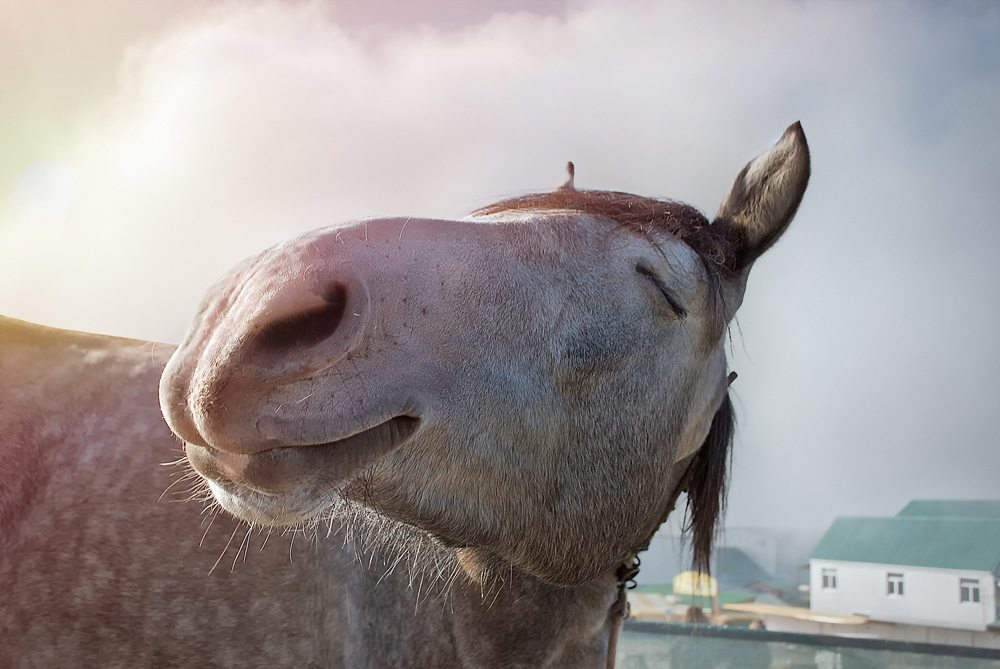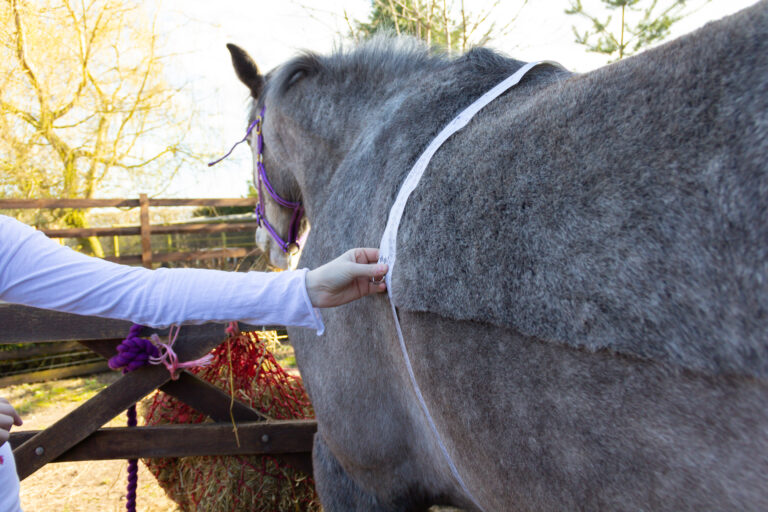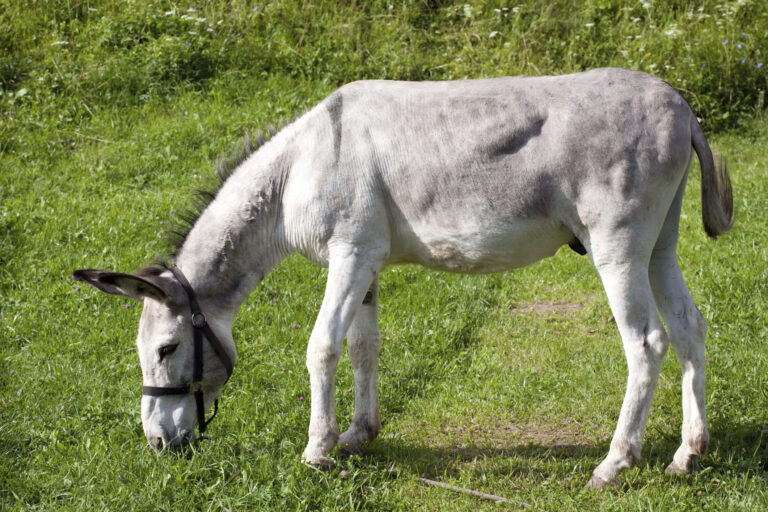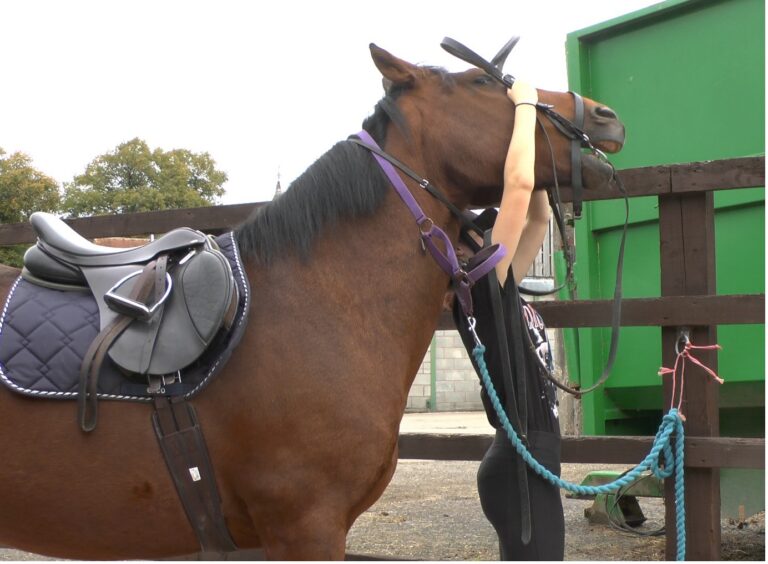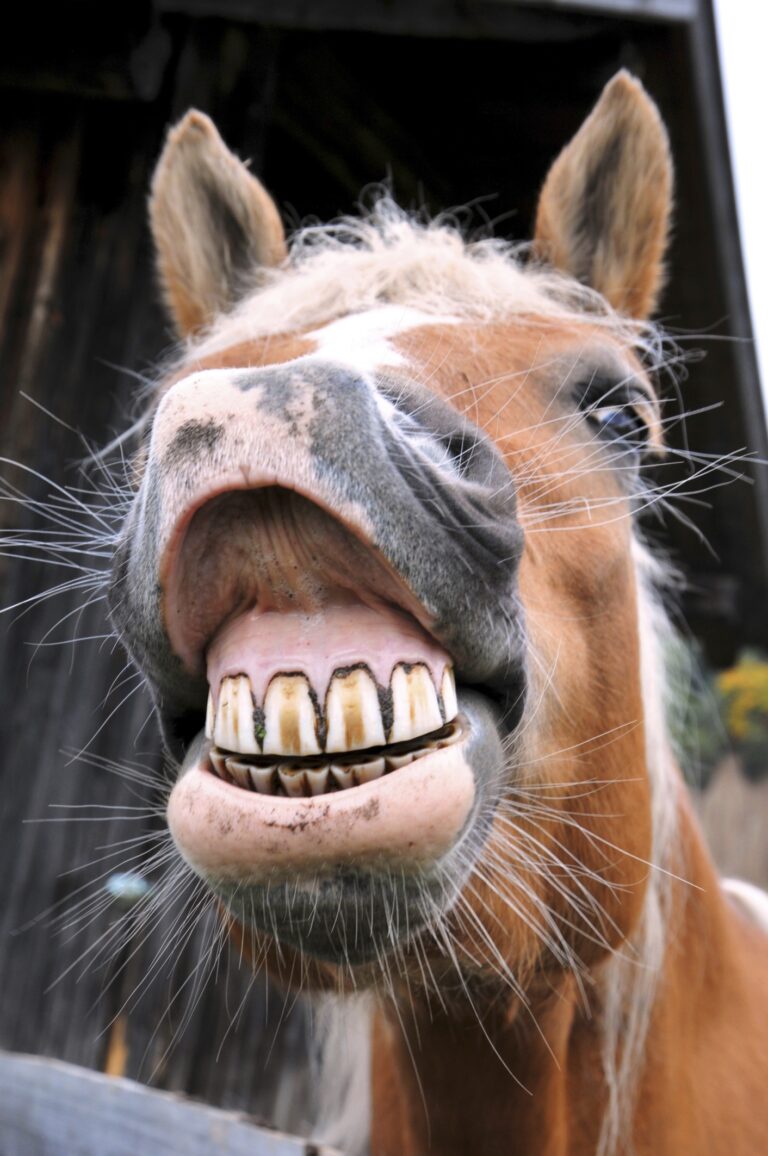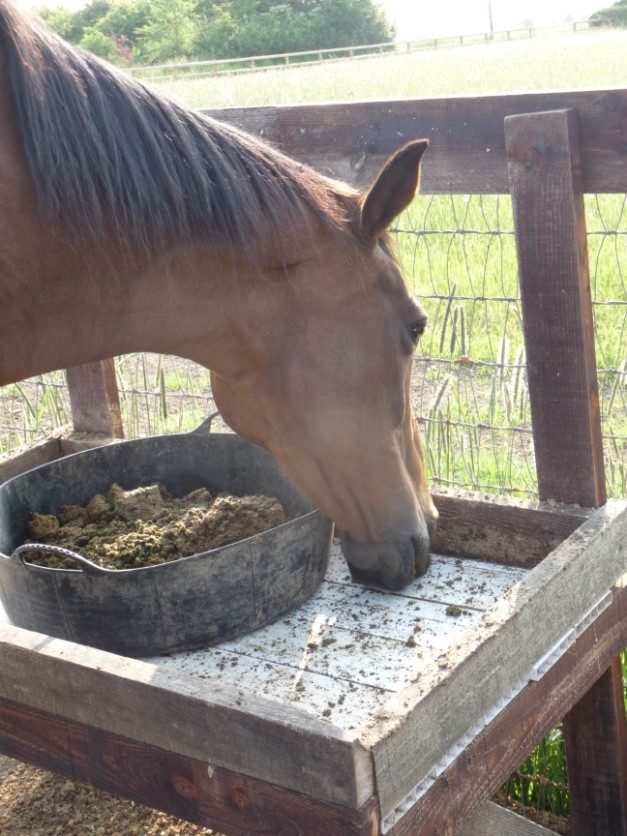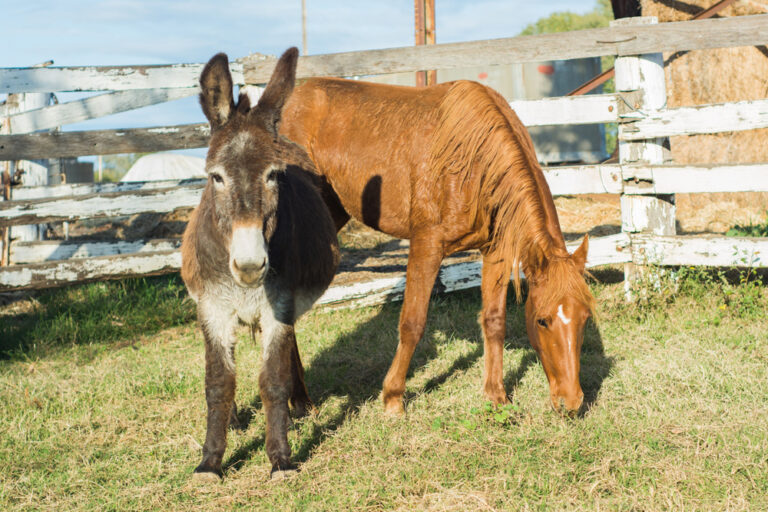What are the My Senior Horse favorite content items? Check out these top articles and video and see what your friends who have senior equids are reading!
Tips on Feeding Older Horses with Dental Issues
A veterinarian and equine nutritionist offers suggestions for the management and feeding of older horses to help keep them healthy. By Dr. Pat Harris
Take-Home Message Editor’s note: There are so many tips in this that is it hard to pick one, but here is my choice. It is important to remember that senior horses might change their preferences to feed and how palatable they find certain feeds. Keep an eye on this, especially if you need them to eat their medications. The use of flavorings or the inclusion of certain other more palatable feedstuffs might be required.
6 Senior Horse Myths
Have you heard of these six senior horse myths? Let’s debunk them in this article about caring for older equids. By Dr. Nettie Liburt
Take-Home Message Each horse ages as an individual. Some will maintain light to moderate training well into their elder years, while others might need to retire earlier in life. No two horses are exactly the same, and it is crucial to monitor each horse and notice when something changes.
When is a Horse Considered Old
The question of when a horse is considered old is an often-debated one in the equestrian community, but this article can help. By My Senior Horse Editors
Take-Home Message A horse’s age is not solely determined by years lived but by an amalgamation of factors including health, breed, and care. As responsible horse owners, our job is to understand these factors and adjust our care to ensure our equine friends live their golden years in comfort and dignity.
10 Sugar Beet Facts Every Horse Owner Should Know
The sugar beet is part of many horses’ diets, whether you know it is in the feed or not! Here are 10 facts you should know. By Sarah Nelson
Take-Home Message Editor’s note: Again, many great facts you should know. Here’s my pick. Sugar beet processing removes most of the sugar. Therefore, if it is unmolassed, the beet pulp fed to horses is relatively low in sugar (around 5%). It is also very low in starch (1%), making it a sympathetic alternative to cereal grains. This is great for those horses prone to excitability or conditions such as laminitis. However, even if you are feeding unmolassed sugar beet, it might be advisable to soak it, throw away the water, then soak it again if your horse/pony is prone to laminitis, especially if they are severely insulin dysregulated.
Help! My Senior Horse is Losing Weight!
There’s a myth that old horses lose weight and get skinny, and that’s just the way it is. Nothing could be further from the truth! By Dr. Nettie Liburt
Take-Home Message There’s a myth that old horses lose weight and get skinny, and that’s just the way it is. Nothing could be further from the truth! Whether an equid losing weight is sudden or happens over a period of time, it is very important to elucidate the cause of weight loss.
Tips On Helping Your Horse Gain Weight (Video)
There are many reasons that your horse might need to gain weight. Here are some tips. By Dr. Yvette Nout-Lomas.
Take-Home Message “It really is impossible to feed all horses the same diet and expect the same results,” said Nout-Lomas. Make sure to keep your veterinarian “in the loop” as you are attempting to have your horse gain weight. If you have any questions or concerns, contact your veterinarian or an equine nutritionist.
Caring for Senior Horses in Winter
Winter senior horse care includes nutrition, weight monitoring, appropriate blanketing, shelter, and targeted exercise. By My Senior Horse Editors
Take-Home Message Caring for senior horses, mules, or donkeys in winter can be challenging. But, with careful attention to feed, shelter, and exercise, we can help them navigate the season comfortably. By staying informed and proactive, we can ensure our older equine friends enjoy their golden years, whatever the weather.
10 Tips for Feeding Forage to Horses
Since forage is the foundation of the equine diet, here are 10 key takeaways about feeding forages to your equids. By Dr. Pat Harris
Take-Home Message Perhaps surprisingly, inappropriate forage provision is one of the key limitations in many horse diets. These 10 tips can help to reduce the risk of forage limitations in your horse’s diet.
Caring for Senior Horses in Cold Weather
Here are some tips for managing your senior horses so they are comfortable and healthy even in cold weather. By My Senior Horse Editors
Take-Home Message Caring for senior horses, ponies, donkeys, or mules in winter can be challenging. But, with careful attention to feed, shelter, and exercise, we can help them navigate the season comfortably. By staying informed and proactive, we can ensure our older equine friends enjoy their golden years, whatever the weather.
A Guide to Feeding Mashes
Do you want to give your horse a bran mash? Here are tips on using mashes properly for your horses, donkeys, and mules. By Sarah Nelson
Take-Home Message Editor’s note: Again, many good tips! Check this one out. A token ration of mash (500g or 1.1 pounds per day or less for a 500kg or 1,100 pound horse) will add limited calories to the diet. This—coupled with the increase in volume after soaking—helps to bulk out the feed bucket without compromising the good doer’s waistline.
Further Content
Signs of Aging articles. MySeniorHorse.com
Body Condition articles. MySeniorHorse.com
Weight Management articles. MySeniorHorse.com
Nutrition: Grazing articles. MySeniorHorse.com
Fun Stuff articles. MySeniorHorse.com
-
Editors of My Senior Horse are journalism professionals, most of whom are lifelong horse owners.View all posts

